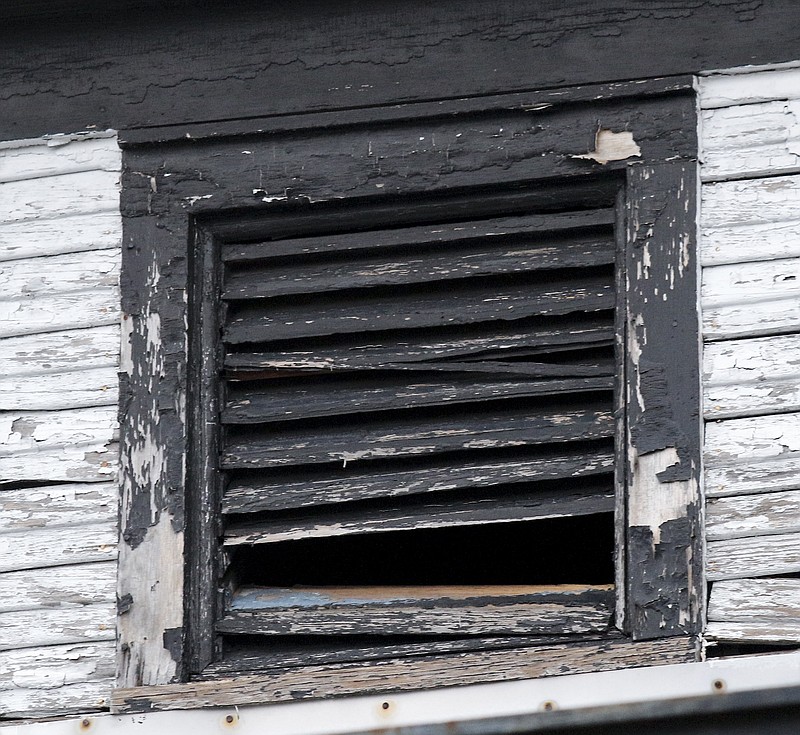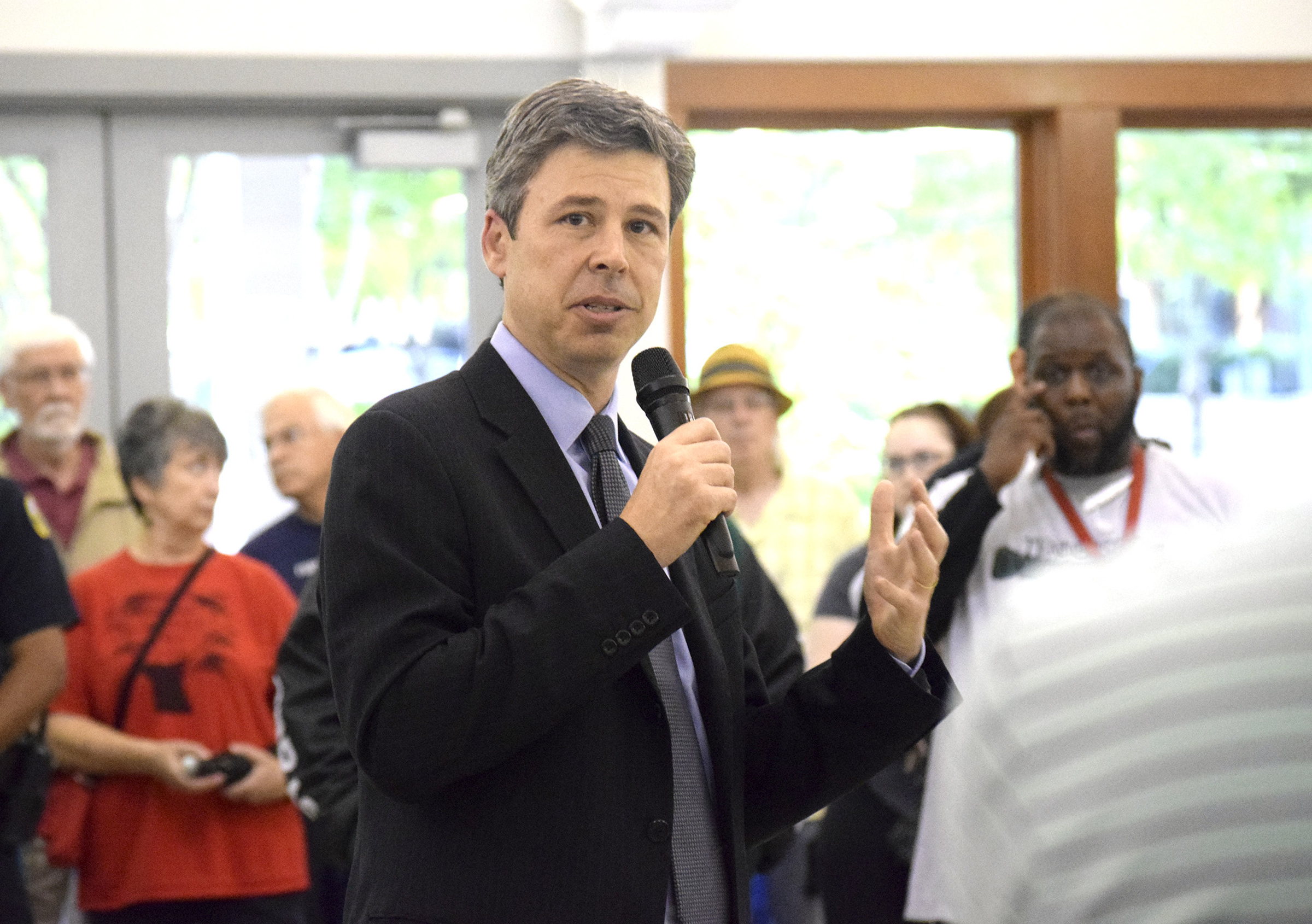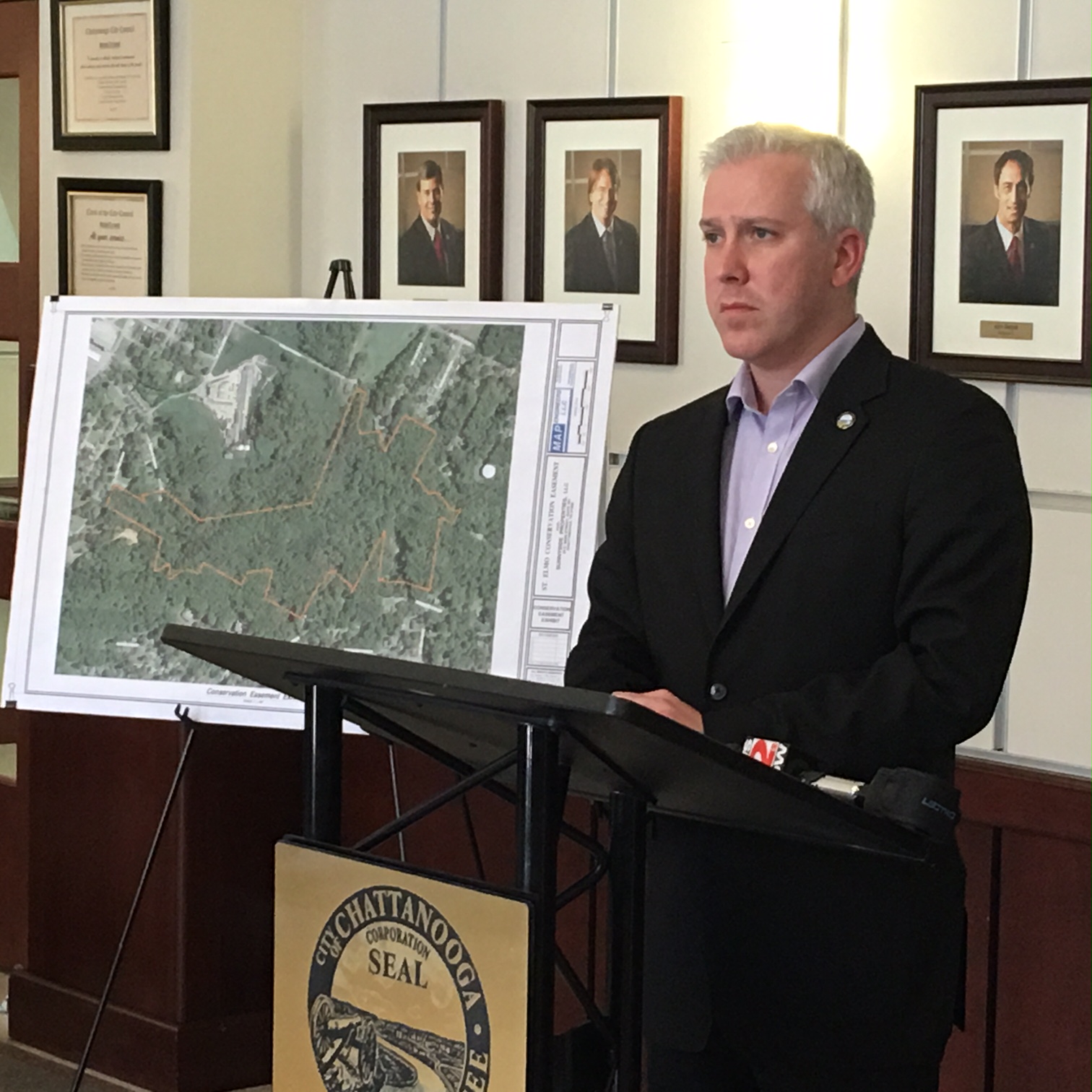Chattanooga may take on a new strategy to combat neighborhood blight.
Mayor Andy Berke's 2017 budget proposal calls for contracting with an attorney to serve as the city's administrative hearing officer, who has more flexibility than an environmental court judge to deal with owners of dilapidated properties. Fines issued by an administrative hearing officer also pack a punch 10 times tougher than the $50 fines repeat violators sometimes face in environmental court.
The problem of decrepit houses probably stands as "the one issue that troubles neighborhoods the most," Berke said in a recent phone interview. Broken down homes drive down the values of surrounding properties and diminish the interest of those property owners to invest in their houses, he said.
Councilman Chris Anderson said he sees this as a solution to a real and ongoing problem associated with bank-owned properties and slum lords, not "the elderly lady who is not cutting her grass."
Currently, repeat violators see a $50 fine as the cost of doing business that compares cheaply to fixing damaged roofs and porches, Anderson said.
With the ability to issue $500 fines per violation per day, administrative hearing officers have considerable leverage to incentivize owners to take care of their properties, improving the quality of life for renters and their neighbors, he said.
The proposal anticipates the collected fines will pay for the $60,000 annual administrative hearing officer expenses, including $50,000 in administrative officer fees. The officer will receive support from a court reporter and a bailiff at the cost of $9,600.
Some municipalities have considered using excess collected fines to aid low-income citizens with home repairs, officials said.
The administrative hearing officer proposal calls for Chattanooga to reduce its 4,307 repeat code violations by 40 percent in fiscal year 2017.
Additionally, the use of the officer allows the environmental court to reduce its caseload, reinforcing the significance of the cases the judge hears, according to the proposal.
The benefit of the program goes beyond cracking down on slum lords.
"Ultimately, it will make property more stable and benefit the entire neighborhood," Berke said. "Ultimately, we just want them to fix their house."
Contact staff writer Paul Leach at 423-757-6481 or pleach@times freepress.com. Follow on Twitter @pleach_tfp.


